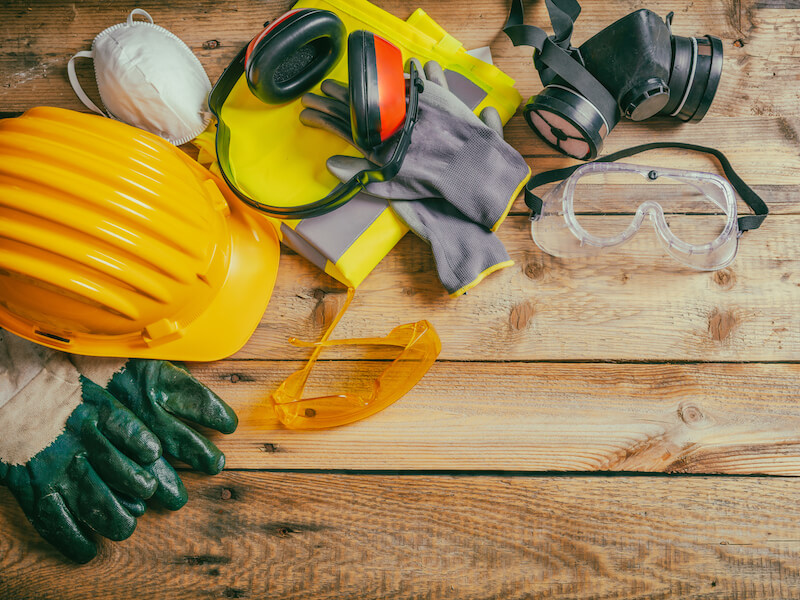
Each year, around 2 million workplace injuries are documented. When you think of on-the-job injuries, you may think of flying objects or a hand pulled into a piece of machinery at a factory.
But there is a much more pernicious on-the-job injury that is even more common and frequently overlooked. It sneaks up on people extremely gradually over the course of several years. The injury goes undetected until the effects become impossible to disregard. Excuses are a typical reaction. “It’s just part of the aging process” or “It’s a short-term issue”. This response is normal.
And it’s unusual for people to even acknowledge that their workplace is responsible for this injury.
The insidious injury is hearing damage. There are some important steps you should take if you detect any of the numerous warning signs.
How Loud is Too Loud?
Your hearing can be irreversibly damaged with sustained exposure to as little as 85 decibels (dB) over a long period. For reference, a vacuum runs at around 75 decibels dB. A lawnmower generates 85 dB. If you’re exposed to a chainsaw or leaf blower you’re dealing with 100 dB. And the volume of a gunshot logs in at 140 dB.
How loud is your workplace? Is the most common workplace injury an issue for you? If you’re regularly exposed to something as loud as a lawnmower, even if it’s not continuous, your hearing can become damaged over time.
Signs of Hearing Injury
You’re absolutely harming your hearing if you work in a noisy environment without hearing protection.
What follows is are early warning signs that you’re dealing with hearing loss:
- You regularly ask people to repeat themselves when they speak.
- When you talk with people you always believe they are mumbling
- You tend to withdraw when others are talking.
- Conversations sound muffled.
- consonants get confused – “Todd” sounds like “Dodd,” for example.
- People are always complaining about the loud volume of your media devices.
- You can’t understand the person speaking if there’s background sound.
- You hear ringing, whistling, or hissing when it should be quiet.
- You experience pain when you hear loud sounds.
What Are Employers Doing to Reduce Hearing Damage?
In environments that are really loud, technology is being used by businesses or organizations to reduce workplace noise. Workplace noise will be decreased as new recommendations are being put in place by governments to safeguard workers.
As more employees become aware of the recurring damage they have suffered as a result of workplace noise, they are coming forward. Further change will come as their voices are heard.
Preventing Additional Damage
If you work in a noisy environment, the best thing you can do is protect your ears before any damage occurs. Potential damage will be reduced by using protective earplugs or earmuffs.
Make an appointment for a hearing test as soon as possible if you suspect a noisy workplace has caused damage to your hearing. You will learn how to counter further damage when you determine how much hearing damage you’re dealing with. We can help you formulate strategies to prevent further hearing loss and deal with the damage you’ve already experienced.